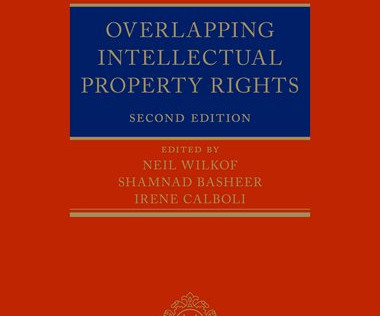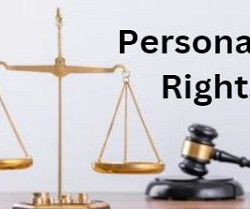Monday Miscellany
The IPKat
FEBRUARY 21, 2022
In the meantime, check out the upcoming IP events. Contextualized in a sectorial approach - including areas such as health, fashion, environmental, artificial intelligence, automotive, and food industry - expert panels will consider the challenges and developments in IP case law and legislation that lie ahead.












Let's personalize your content